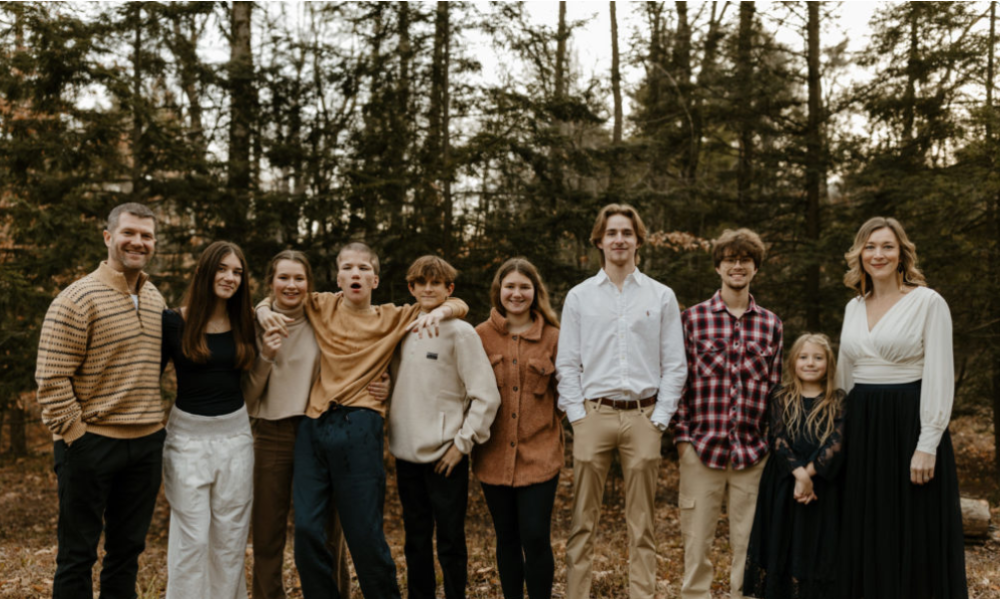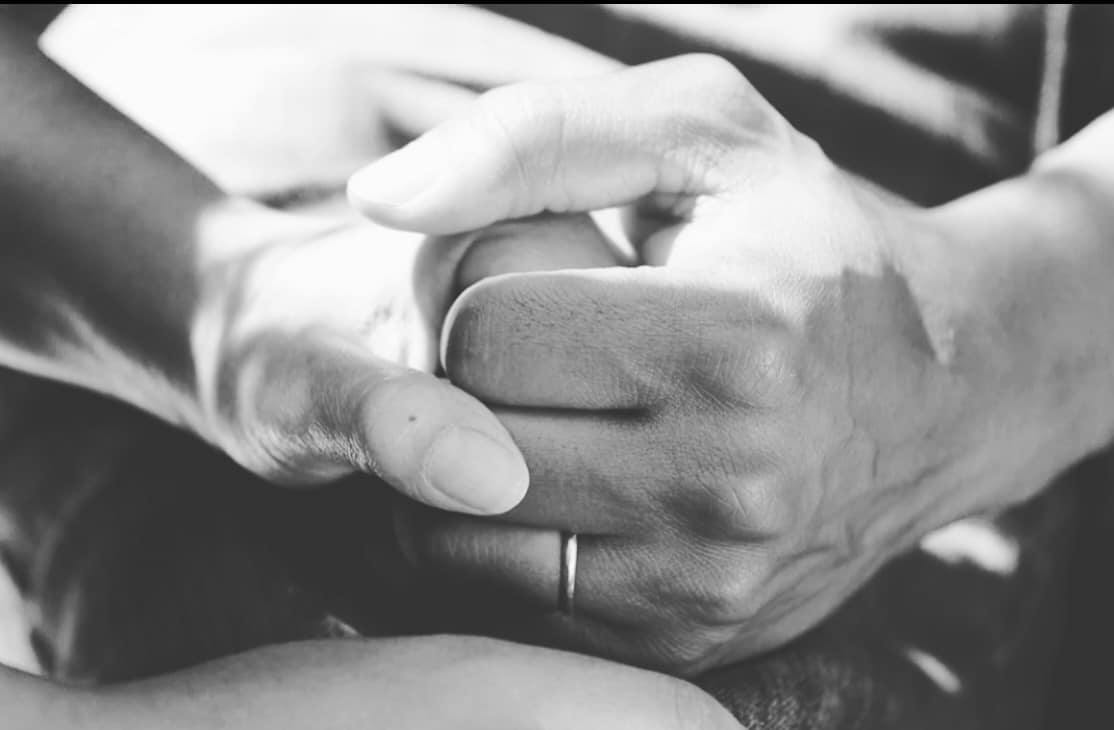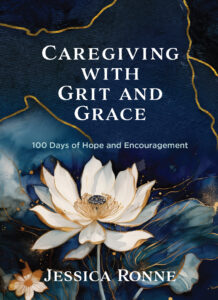Category: Uncategorized
Assume competence versus accepting limitations.
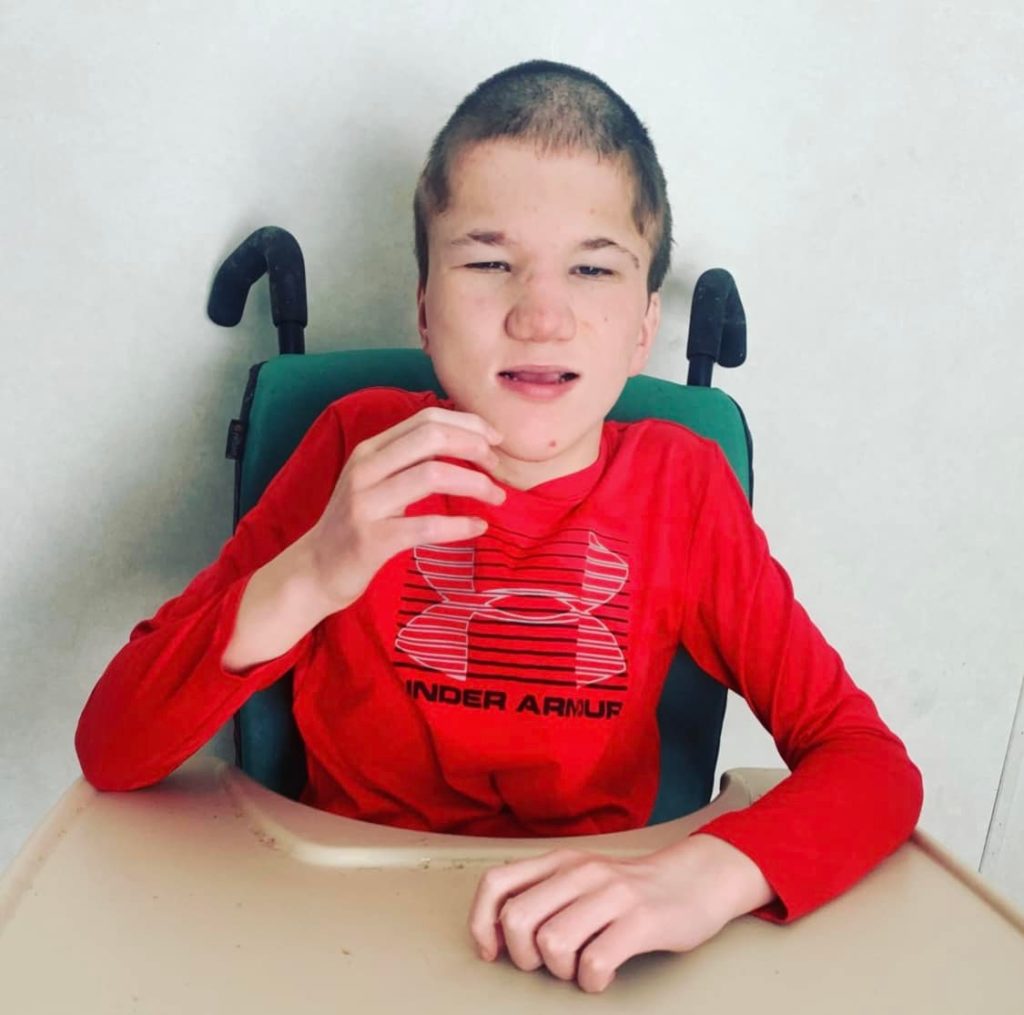
Assume competence versus accepting limitations.
It’s a fine line, isn’t it?
My son has –
profound autism
ID – intellectual disability
Low muscle tone
Scoliosis
Tethered spinal cord
Chiari malformation
Anxiety
Limited vision
I would not assume that he is capable of running a marathon. I also would not assume that I’m capable of running a marathon, lol. I accept the limitations within his physical capacities, but it’s a bit trickier with an ID limitation.
The “experts” state he’s at about an 18 month old level, but I don’t believe that Luke’s intelligence can be quantified in typical terms. There are 18 month old children who are capable of comprehending ideas and concepts that Luke is unable to comprehend.
For example,
Every single morning as I dress him for the day, I’ll start to slip a fresh, clean shirt over his head (red today), & he’ll abruptly stop me, exert his autonomy & say –
“Change it.”
He wants a different shirt.
Or so he says.
I walk over to the closest, grab another shirt, & he allows me to slip it over his head except –
I don’t get a different shirt. I simply walk over to the closet & bring back the exact same shirt that he initially didn’t want – or did he?
That’s where ID seems to be present. It has nothing to do with autonomy or wanting a different shirt in this scenario. There’s something in Luke’s mind that has to simply say “change it” every morning. He doesn’t even mean change it!
I think sometimes as caregivers we do assume so much competence that we forget to accept some limitations & in failing to accept these limitations, we are in essence, failing to accept who these individuals truly are – beautiful image bearers of their Creator exactly as they are.
It’s a fine line, isn’t it?
Just keep livin.
FREEDOM
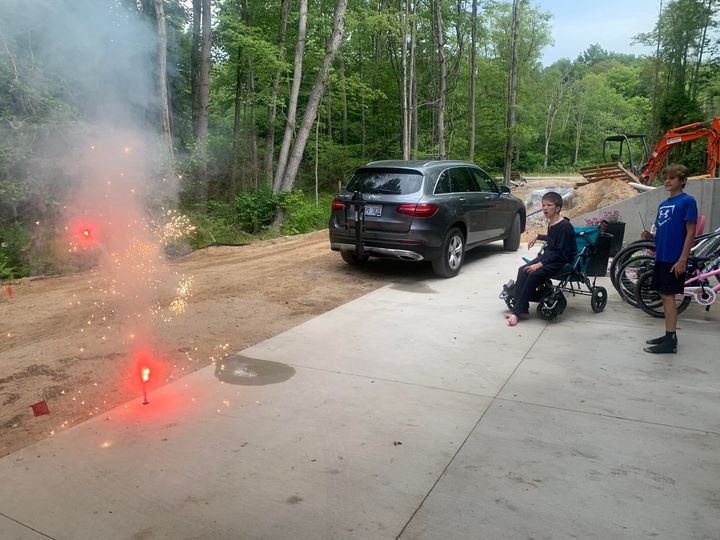
Two Tragic Tales
A 12 year old boy is diagnosed with cancer & the prognosis is not good. In fact, doctors say there is very little chance for survival. The whole community rallies because this family’s world has been turned upside down!
Churches, schools, & most of the community reach out to lend a hand. In place of fun events & extracurricular activities, this family now attends doctors appointments, chemo infusions & spends hours on the phone battling with insurance companies. They have very little time for anything outside of fighting for their son.
There are zero expectations on this family & they have meals delivered for months from concerned congregants willing to help. A few women from the knitting club show up to weed their flower beds. Another crew from a local church cleans their house & yet another, does their laundry. Judy picks up the siblings for a fun day of bowling & their mailbox overflows with money from people eager to make a financial difference since Dad had to take time off from work.
Everyone understands that this family is hanging on by a thread & that they need all the help they can get while their child goes through this difficult time which in turn, means the family goes through a difficult time.
Their son fights valiantly for 3 years & dies.
And then, there is another family down the road who received a terminal diagnosis for their daughter when she was born 12 weeks premature. Doctors predict the same – very little hope, but this child lives & because she requires numerous supports, this family also spends most of their time at doctors, specialists, & on the phone fighting for services. This child needs so much support that mom eventually quits her job to care for her full time.
The church was helpful for the first week or two of this child’s life; a few meals delivered, an offering taken & prayers said, but then they became tired or disinterested as the child continued to live, & they backed off or forget to check in as she grew. The community was also invested, initially, but as time wore on, they returned to their lives, oblivious to the hardships & sleepless nights that occurred behind the white picket fence down the road.
This child grew & grew & grew & she reached 22 years old. Her lifeless body grew excessively large as many bodies do on medications. Her mother’s health plummeted as she hadn’t slept in years – up all hours of the night as she sits in vigil over her daughter’s labored breath. Her father’s beard is peppered in gray & his back, hunched low in pain, he grimaces as he gently lifts his girl to bed after a bath.
Her parents have sacrificed their entire lives for her care & she remains very fragile due to her condition & her life expectancy remains low. The school continues to call & ask if mom wants to bake some brownies for the upcoming craft show & the church texts dad &
asks him to serve as a deacon – no never mind that this family hasn’t come up for air in 22 years. No never mind that they have been silently deteriorating for 22 years without any help.
She continues to fight valiantly.
No never mind…
Two tragic tales.
The first family received an outpouring of support when their child was diagnosed with cancer, but the family who has fought a terminal diagnosis with their daughter for 22 years received very little acknowledgement on their difficult path.
I’ve lived these tales – same story, different characters. A young husband who battled cancer for 3 years & a son given a terminal diagnosis at 20 weeks in utero.
Same story.
Similar results.
But why?
Why church?
Why schools?
Why society?
Why world do we acknowledge the one & not the other?
It’s time to bring lifelong parent caregivers into the spotlight.
It’s time to emerge from our dark deteriorating tombs.
It’s time for us to be SEEN.
Just keep livin
